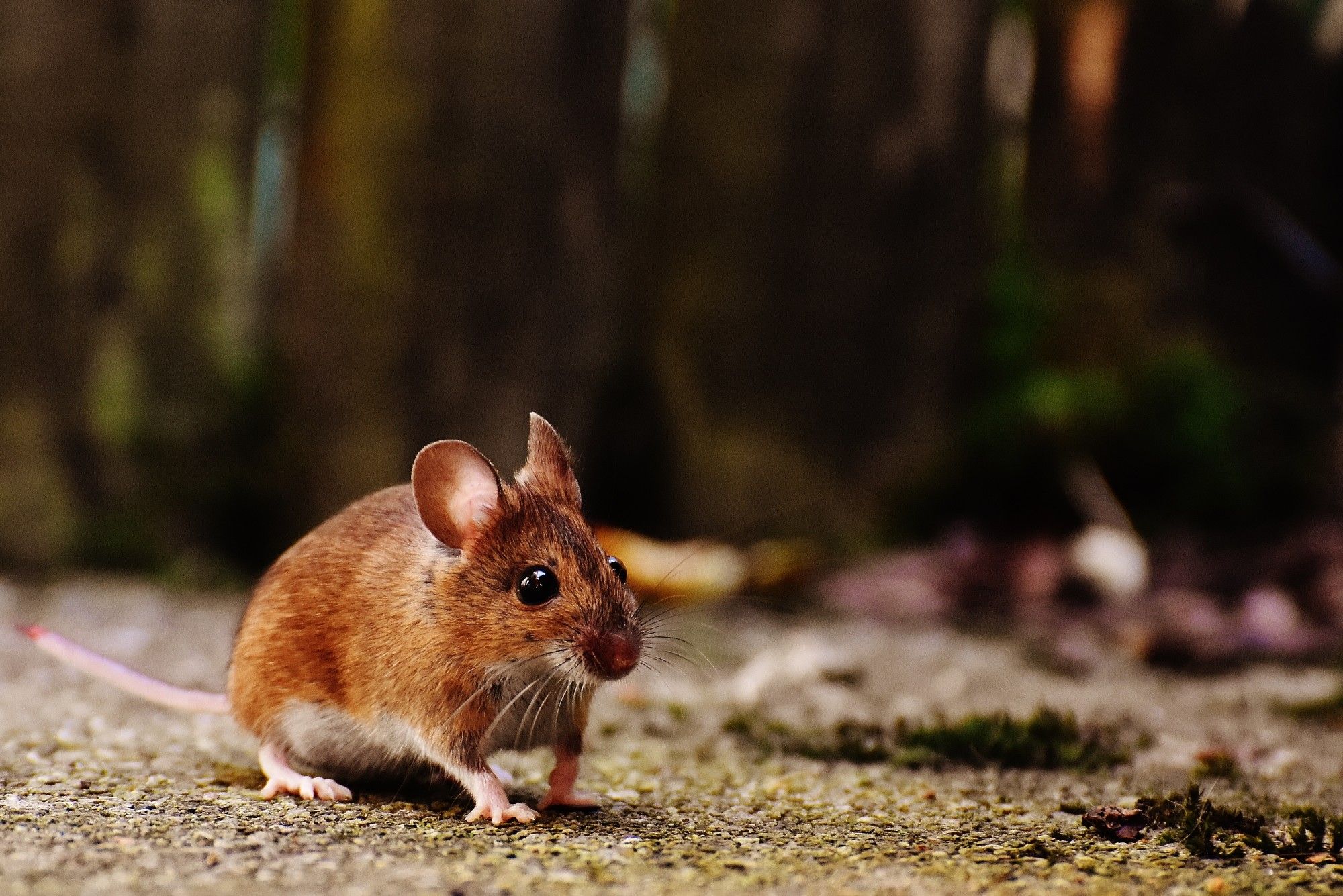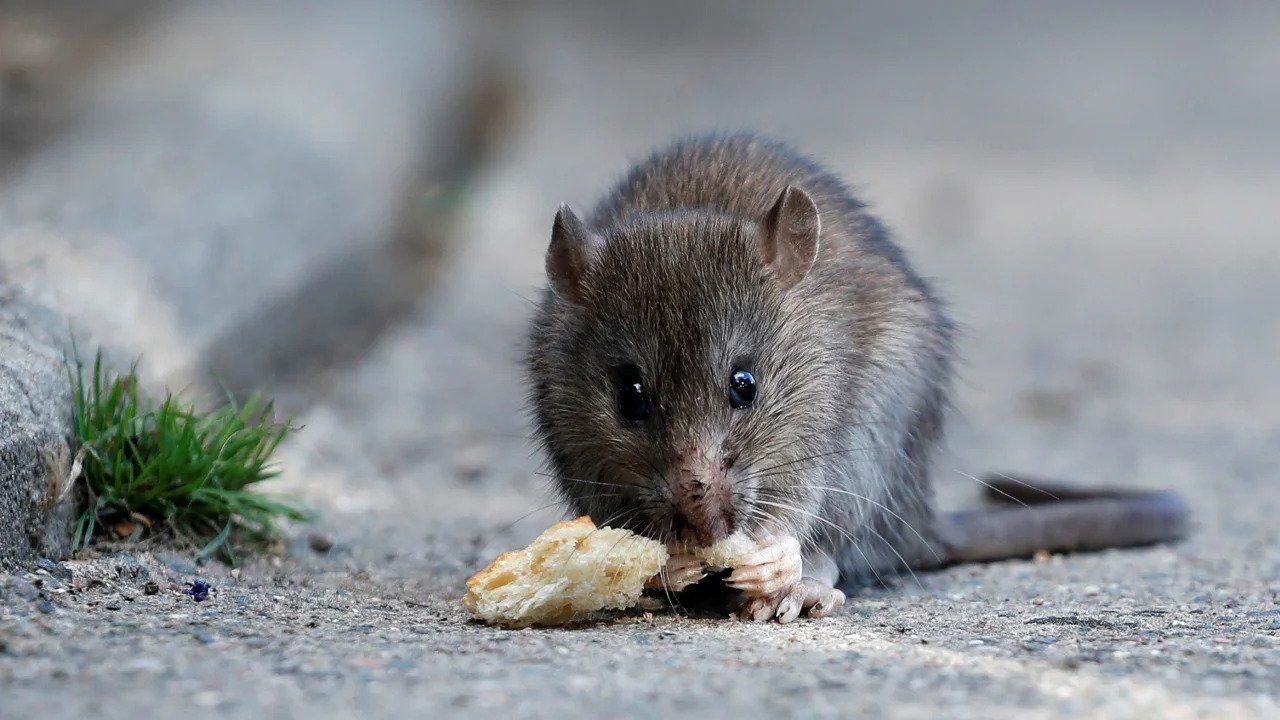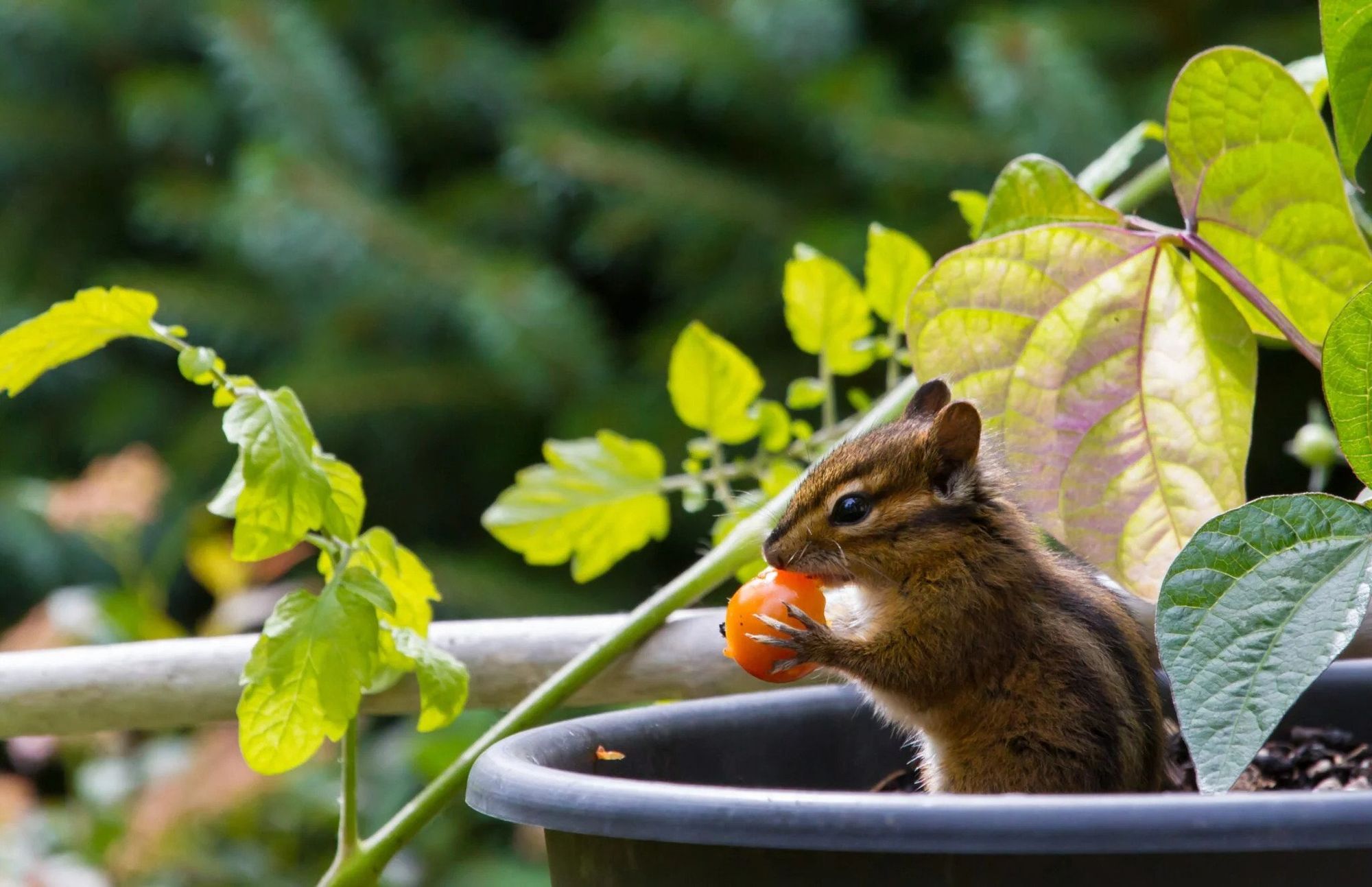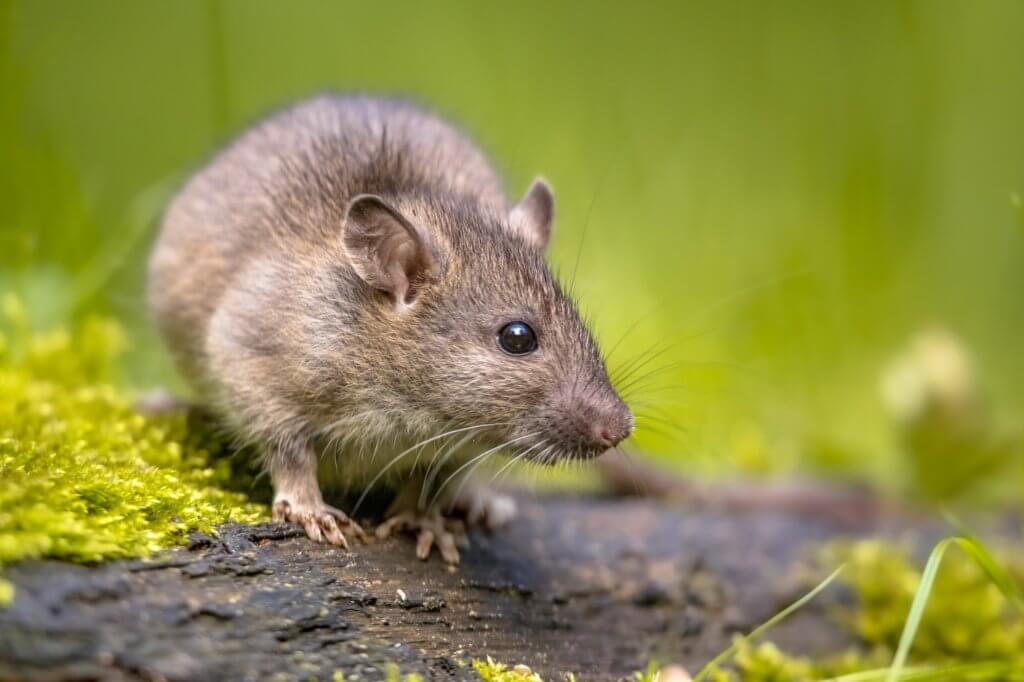Rats scurrying around the yard isn't just a nuisance; it's a health hazard. These unwelcome guests can spread disease, damage your garden, and even find their way into your home. If you're struggling with a rat problem, you're not alone. But fear not, this comprehensive guide will walk you through the steps to reclaim your outdoor space from these pesky rodents.
Key Takeaways:
- Implementing preventive measures and maintaining cleanliness in your yard are key to deterring rats.
- Utilizing a combination of traps, natural repellents, and professional help can effectively control rat populations.
- Regular monitoring and adapting your strategies are essential to keep rats out for good.
Understanding Rat Behavior
Rats are nocturnal creatures that love to burrow and nest in quiet, undisturbed areas. They are attracted to yards that provide ample food sources, water, and shelter. Understanding these behaviors is crucial in formulating an effective strategy to keep them at bay.
The Attraction to Your Yard
Your yard might be a paradise for rats without you even realizing it. Rats tend to be drawn to spaces where they can find food scraps, pet waste, fallen fruit, and standing water. They are also attracted to pet and bird food left outside, as well as garbage bins that aren't properly sealed.
Seal Off Entry Points
Rats can squeeze through tiny gaps to enter your yard and outdoor structures. Inspect your property for any holes or cracks and seal them with materials that rats can't gnaw through, such as steel wool or metal sheeting. Pay special attention to areas around pipes, vents, and roof edges.
Tidy Up the Yard
A clean yard is less inviting to rats. Remove any potential nesting sites by keeping your lawn regularly mowed and clearing away piles of wood or debris. Ensure that compost bins are sealed and that fallen fruit from garden or fruit trees is picked up promptly.
Remove Water Sources
Rats need water to survive, so eliminating sources of standing water can help deter them. Fix leaky faucets, ensure garden hoses are drained, and keep birdbaths and pet water bowls clean and empty when not in use.
Store Food Securely
Food left outdoors is a major attractant for rats. Always store pet food, bird seed, and other animal feed in secure, rat-proof containers. Avoid leaving pet food out overnight, as this is when rats are most active.
Introducing Rat-Proof Composting
Composting is a fantastic way to recycle kitchen scraps and yard waste, but it can also be a buffet for outdoor rats if not managed properly. To deter rats from turning your compost heap into their favorite diner, it's crucial to use a rat-proof compost bin. A sturdy bin with a secure lid and fine wire mesh can prevent rats and other small animals from accessing the food supply inside. Additionally, avoid adding items like dairy or meat scraps, which can produce an unpleasant odor and attract more rats. Instead, stick to fruit and vegetable scraps, yard clippings, and non-greasy food items.
Moreover, consider the location of your compost bin. Placing it directly on the ground may invite burrowing brown rats to set up residence underneath. Elevate your compost bin on a solid base or use a milk crate to allow for ventilation while keeping it out of reach from rats. Regularly turning your compost also helps to minimize odors and disrupt any potential nesting sites. By making your compost bin less appealing, you're taking a significant step in removing rats from your yard without harming other animals or the environment.
Embracing Dry Ice as a Rat Control Method
Have you ever considered using dry ice to keep rats at bay? This novel approach utilizes carbon dioxide to humanely dispatch these pesky rodents. When dry ice sublimates, it releases carbon dioxide, which, in confined spaces, can effectively displace oxygen. This method is particularly useful in burrows where traditional traps might not reach. It's essential, however, to handle dry ice with care, using gloves and other protective gear to prevent burns from the extreme cold.
The use of dry ice is gaining traction in urban areas where rat populations are high. Cities like New York have experimented with this technique and found it to be an efficient way to reduce rat numbers without the use of poison baits. It's a discreet method that kills rats hidden from view, minimizing the chances of encountering a dead rat. For homeowners, this could be a game-changer, but it's important to check local regulations as the use of dry ice for pest control is not legal everywhere.
Utilizing Rat Bait Stations Effectively
Rat bait stations are a strategic approach to controlling the rodent population in your yard. These tamper-resistant boxes are designed to protect bait from the elements and non-target animals, making them a safe option for households with pets or children. When setting up bait stations, placement is key. Locate them near known rat pathways or burrows, ensuring that the rodents find the bait before they reach your garden or home. Remember to use bait that is specifically formulated for rats to increase the effectiveness of the stations.
Moreover, it's crucial to regularly check and replenish the bait stations to maintain their allure for rats. Over time, rats may become wary of the stations if they associate them with danger, so it's important to move them occasionally to prevent bait shyness. By using rat bait stations as part of a comprehensive rat-proof strategy, you can significantly reduce the likelihood of a rat infestation in your yard. Always follow the manufacturer's instructions and local regulations regarding the use of rodenticides to ensure safe and responsible pest control.
The Impact of Bird Feed on Rat Populations
Have you ever noticed more rats scurrying around after installing a bird feeder? It's not a coincidence. Bird feed can inadvertently become a gourmet buffet for these rodents. Rats are opportunistic feeders, and the seeds and grains that spill from bird feeders are like an open invitation to a feast. To maintain a rat-proof yard, it's essential to consider the type of bird feed you use. Opt for seed types that are less appealing to rats or consider feeders that minimize spillage.
Moreover, the placement of your bird feeders plays a crucial role in rat control. Elevating feeders and keeping them away from fences or branches rats can climb can deter these pests. Additionally, regular cleaning around the feeding area can prevent the accumulation of fallen seeds that attract rats. By being mindful of these details, you can enjoy bird watching without the unintended consequence of a rat invasion.
Enhancing Your Yard's Defenses with Bait Stations
Bait stations are a strategic addition to your rat-proof arsenal. These devices are designed to attract and poison rats, effectively reducing the population in your yard. When setting up bait stations, it's important to place them in areas where rats are known to frequent, but out of reach of children and pets. The stations should be secured to the ground to prevent tipping and regularly monitored for activity.
Incorporating bait stations into your yard's defense system requires a bit of finesse. It's not just about placing them randomly; it's about understanding rat pathways and habits. For instance, rats tend to travel along the perimeter of a yard or against structures. Placing bait stations in these areas can increase the chances of rats encountering them. Remember, the goal is to create a rat-proof yard, and with the right placement and maintenance, bait stations can be a powerful tool in achieving that.
The Snail Factor: How Rats Eating Snails Affect Your Yard
Rats are opportunistic feeders, and in many gardens, they find a delicacy that often goes unnoticed: snails. While it may seem beneficial to have rats eat snails, which are common garden pests, this can actually exacerbate your rat problem. The presence of snails can attract more rats to your yard, as they provide an easy food source. This is why it's important to manage both pests simultaneously. Removing hiding places for snails, such as dense ground cover and debris, and using environmentally friendly snail bait can help reduce the snail population without attracting rats.
On the flip side, having rats eat snails in your yard can be a double-edged sword. While they help control the snail population, they also leave behind a scent that marks your yard as a reliable food source, which can attract more rats. To break this cycle, consider creating a rat-proof garden. This includes using raised beds with smooth surfaces that rats cannot climb, and copper mesh barriers around plants, which deter snails and are not attractive to rats. By addressing the snail issue, you inadvertently make your yard less appealing to rats, contributing to a more balanced ecosystem.
Integrating Bird Feeders into Your Rat-Proof Strategy
Bird lovers might unwittingly roll out the welcome mat for rats by installing bird feeders. These feeders, if not managed properly, can provide shelter and a steady food supply for rats, attracting them to your yard. To prevent this, consider rat-proof bird feeders that are designed to keep larger pests at bay. These feeders often have weight-sensitive perches that close off access to the food when something heavier than a bird lands on them. Additionally, regularly cleaning up spilled seeds and debris will discourage rats from treating your bird sanctuary as a dining spot.
Moreover, it's not just about the feeders themselves but also their placement. Hanging feeders away from structures and over surfaces that rats cannot navigate, like water or smooth metal, can deter them. Some bird enthusiasts go a step further by installing baffles or barriers that prevent rats from climbing up to the feeders. Remember, while you aim to provide for the other birds, inadvertent feeding of rats can lead to a bigger problem. Strategic feeder placement and maintenance can ensure that your feathered friends don't bring along unwanted guests.
The Role of Pets in Rat Control
Believe it or not, your furry friends can play a pivotal role in your battle against rat infestations. Dogs, in particular, can be natural deterrents to rats. The presence of a dog in the yard can make rats think twice before invading your space. However, it's important to remember not to leave pet food outside, as it can attract rats and other rodents looking for an easy meal. Always store dog food and other pet supplies securely to prevent rats from feasting on them.
Cats are also known to hunt and eat small animals, including rats. While they may not be as effective as professional rat control methods, they can help keep the population of rats inside and around your home in check. But there's a caveat: outdoor cats might also attract other unwanted wildlife, and they can disrupt the local ecosystem by preying on birds and other small animals. Therefore, it's essential to weigh the benefits against the potential consequences and ensure that your pets are part of a comprehensive strategy to deter rats and maintain a balanced backyard habitat.
Proper Trash Management
Trash cans are like a buffet for rats. Use garbage bins with tight-fitting lids and consider using bungee cords to keep them closed. Regularly clean the bins to remove any lingering food odors that might attract rats.
Garden Maintenance
Rats love to hide and build nests in overgrown vegetation. Keep shrubs trimmed and maintain a tidy garden to reduce shelter options for rats. Remove any dense ground cover where rats could hide or create burrows.
Use Natural Repellents
Certain scents, such as peppermint oil, can deter rats. Soak cotton balls in essential oils and position them around the yard, especially near potential entry points. Replace them regularly to maintain their effectiveness.
Employing Traps
Traps can be an effective way to get rid of rats. Both electronic rat traps and traditional snap traps can kill rats quickly. Live traps are a humane alternative, but be sure to release the rats far from your home to prevent them from returning.
Consider Professional Help
Sometimes, a rat infestation can be too much to handle on your own. Pest control experts are trained in rat removal and can provide solutions tailored to your specific situation. They can also offer advice on how to prevent future infestations.
Monitor and Adapt
After implementing these strategies, it's important to monitor your yard for signs of rat activity. Look for rat droppings, gnaw marks, and disturbed soil indicating rat burrows. If you notice signs of rats, adapt your control methods accordingly.

What are some signs that I have a rat problem in my yard?
Signs of a rat problem include sightings of live or dead rats, rat droppings, gnaw marks on wooden structures or garden hoses, disturbed compost or garbage bins, and burrows in the ground.
Are there any natural predators that can help control rats?
Yes, natural predators such as owls, snakes, and certain breeds of dogs can help control rat populations. However, relying solely on predators may not be enough to solve a rat infestation.
Can rats spread infectious diseases to humans and pets?
Rats can spread infectious diseases through their urine, droppings, and saliva. Diseases such as leptospirosis, hantavirus, and salmonellosis can be transmitted to humans and pets, making it crucial to address a rat problem promptly.

Keeping rats out of your yard requires a multifaceted approach that includes tidying up your outdoor space, removing food and water sources, sealing off entry points, and employing traps or professional help. By understanding rat behavior and taking proactive steps, you can create an environment that's less appealing to these pests and protect your home and health.












